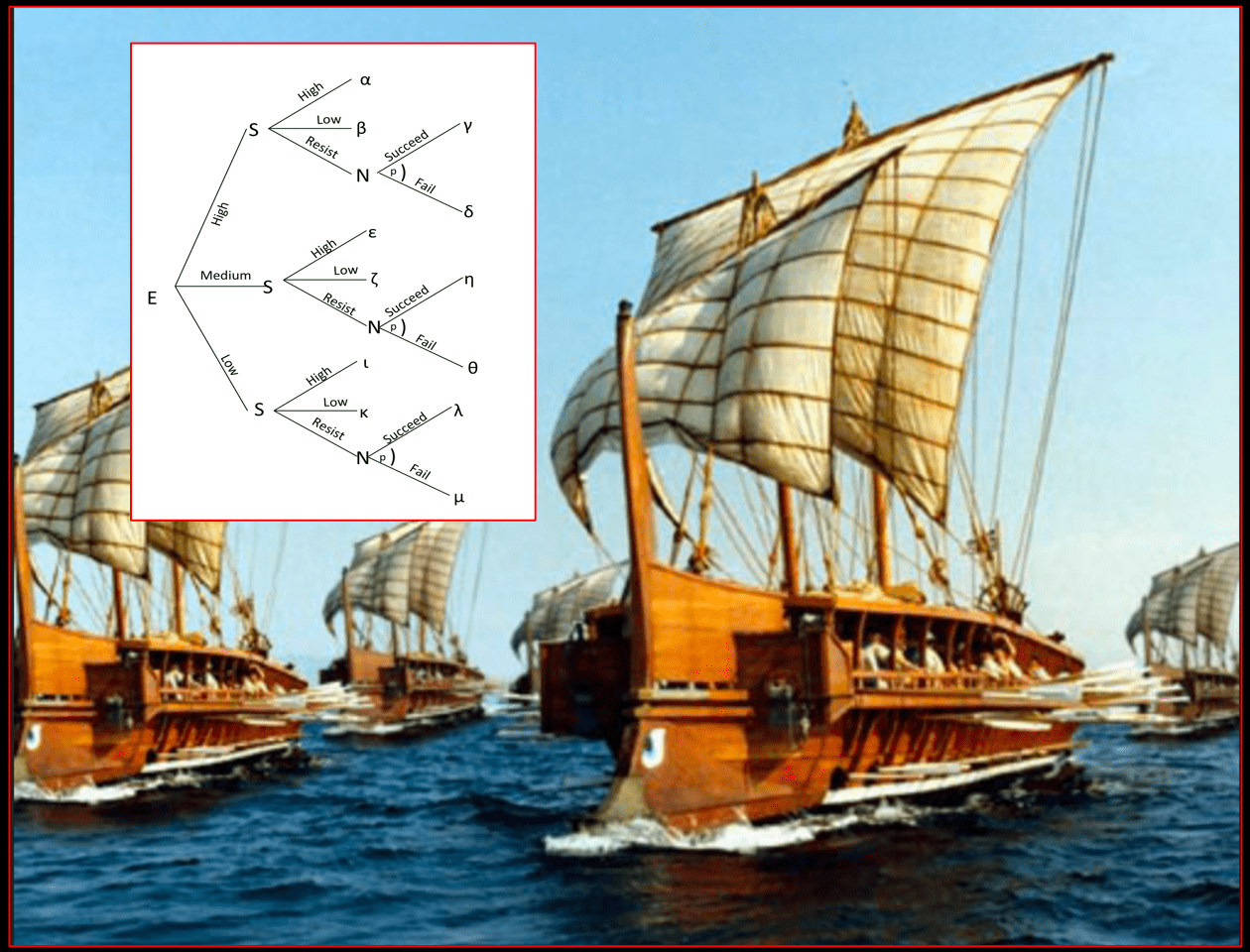
Thucydides on asymmetrical relations between states: Rationality and its limits
Stanford University Josiah Ober
April 22, 2021 · 4:30 pm—6:00 pm · Zoom
Program in the Ancient World, The Magie Lecture

Thucydides’ history of the Peloponnesian War is more than a brilliant year-by-year narrative of a terrible, lengthy conflict, it is also a profound meditation on international relations. Thucydides has often been read as a simple sort of “Realist” – a theorist of power relations under conditions of inter-state anarchy. But that characterization misses his deep exploration of the non-zero-sum bargains struck between great and small states, and the tragic consequences of bargaining failures. Thucydides probes the motivations that lead small states to acquiesce to the hegemonic authority of a great power, and the motives that lead the residents of a small state to resist incorporation into an empire. His approach has some contemporary relevance in thinking about how multi-state systems flourish and fail.
Josiah Ober, Mitsotakis Professor of Political Science and Classics at Stanford University (and formerly David Magie Professor of Classics at Princeton), works on the history of institutions and on legal and political theory, with an emphasis on democracy and on the political thought and practice of the ancient Greek world. His recent books include Demopolis: Democracy before Liberalism in Theory and Practice (2017) and The Rise and Fall of Classical Greece (2015), which won the Douglass North Research Award of the Society for Institutional and Organizational Economics. His current book project, tentatively entitled The Greeks and the Rational, investigates how ancient Greek historians and philosophers approached questions of individual motivation, social cooperation, and constitutionalism, arguing that certain of the problems they confronted and solutions they devised have analogues in contemporary decision and game theory.
Register HERE.















